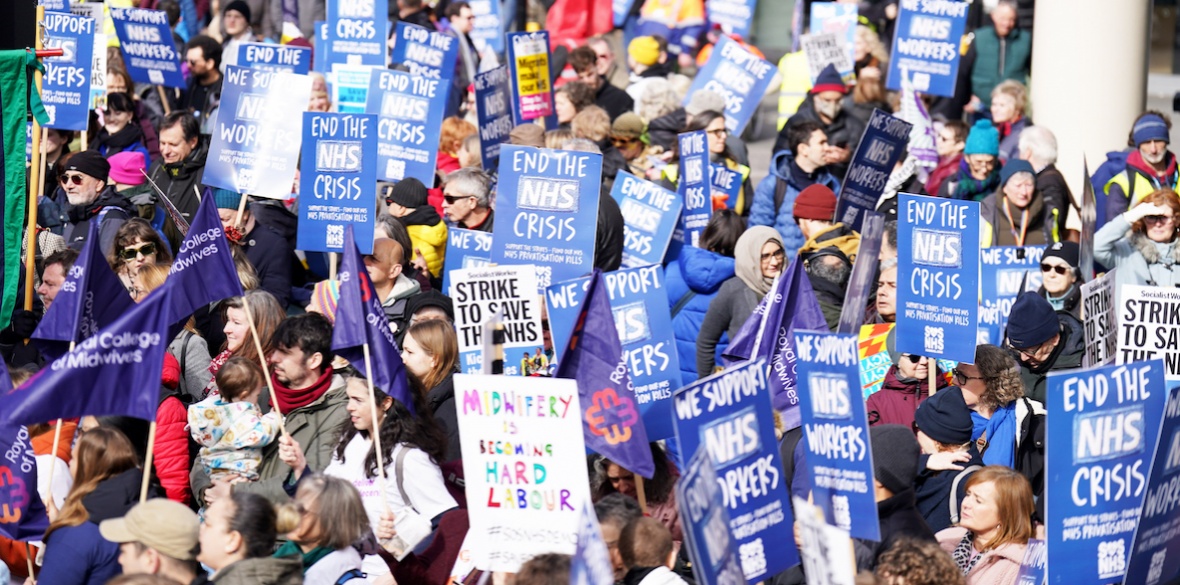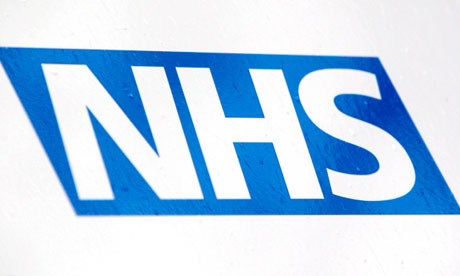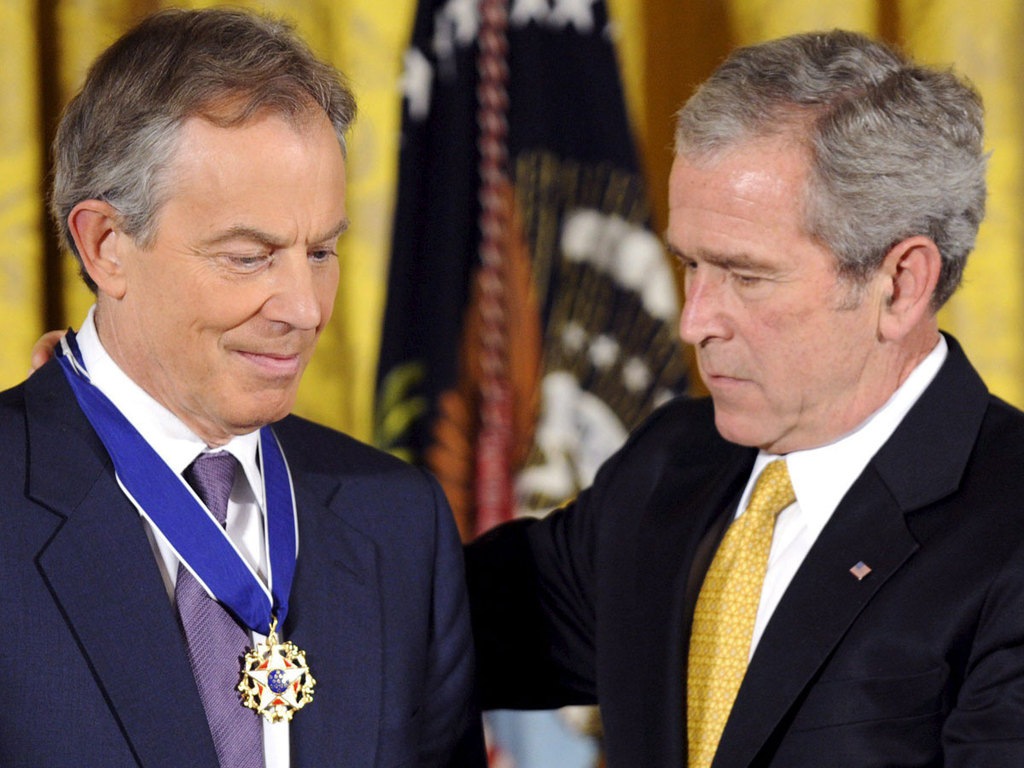Starmer has taken more freebies than all Labour leaders since 1997 combined
Original article by Adam Ramsey republished from Open Democracy.
Labour leader’s 28 junkets include Spurs hospitality, two Coldplay concerts and a £380 dinner from Google at Davos

Keir Starmer has accepted more free tickets to events such as sports matches, concerts and parties than the combined total of every other Labour leader since records began in 1997, openDemocracy analysis has found.
While the Labour leader spent his first year and a half in the role under lockdown, he has quickly made up for it, accepting gifts from donors including multi-millionaires, gambling giants, the online shopping app GETIR and the construction giant Mulalley & Co on 28 separate occasions. The gifts include days at the races, hospitality at Chelsea and Tottenham Hotspur matches, an Adele gig, and two separate Coldplay concerts. In total, they are worth nearly £30,000.
In his five years as Labour leader, Jeremy Corbyn only accepted one such freebie: tickets to Glastonbury, where he spoke on the pyramid stage in 2017. Former Corbyn adviser Andrew Fisher told openDemocracy the Islington North MP had made a point of turning down corporate hospitality.
“Politicians at any level shouldn’t be beholden to corporate interests,” he said. “They’re elected to represent the people, and are well paid for it.”
His predecessor, Ed Miliband, only accepted tickets to the London Olympics and Paralympics opening and closing ceremonies, and a number of the contests during the games. Gordon Brown accepted no such gifts during his time as Labour leader and prime minister.
While Tony Blair led a jet-setting lifestyle – including accepting summer holidays with the regional president of Tuscany and in Cliff Richard’s holiday home in the Caribbean – he accepted fewer gifts than Starmer in his whole time as prime minister, and usually donated the value of any such freebie to a relevant charity.
‘An indulgent retreat’
Companies giving Starmer and his office gifts include the groceries delivery app GETIR, the fast food delivery company Just Eat, and Matthew Moulding, chief exec of the online retail warehouse firm The Hut Group, which has recently expanded into the hotels business.
openDemocracy understands Moulding put Starmer and three others up in his luxury Manchester hotel The King Street Townhouse on the night of 1 June. The boutique hotel has an infinity pool with views over Manchester’s iconic town hall. Its restaurant advertises “a dining experience you’ll remember forever” while The Telegraph has described it as “an indulgent retreat in the city centre”.
A spokesperson for The Hut Group would not comment on why they provided Starmer and others with free accommodation in their hotel.
Meanwhile, GETIR gave Starmer “four tickets with hospitality for Tottenham Hotspur vs Arsenal,” worth £1,600. The match attended by Starmer, who is an Arsenal fan, took place at the Spurs stadium, where the executive suite advertises “private gourmet dining” and “beautifully crafted menus… crafted by world famous chefs”.
Speaking to openDemocracy, a staff collective of GETIR employees in Germany, where the firm is more established than the UK, said it was “like working in a cartel”, and that employees are often too afraid to speak out against the violation of their rights. GETIR didn’t respond to openDemocracy’s request for comment.
Just Eat handed Starmer two sets of tickets in 2021 – to the British Kebab Awards, and the ‘Taste of London’ event, both of which he gave to staff in his office. The firm is currently facing legal action from lawyers representing thousands of its workers over allegations that it denies them basic rights like holiday pay and minimum wage by categorising them as self-employed.
Recent reports have indicated that Starmer is now considering rolling back on previous commitments to enhance rights for workers in sectors like the online delivery market, where jobs are notoriously precarious.
In total, Starmer has accepted tickets to 11 football matches, in most cases in exclusive executive suites, and also two rugby matches.
Starmer has also attended two glamorous days at the races, including six tickets with hospitality for Doncaster Races in autumn 2022 worth more than £3,000, thanks to the Arena Racing Company. The race course’s fine dining restaurant offers a package which includes a glass of prosecco on arrival, a “three course plated lunch” and exclusive views of the track for the day.
In June this year, Starmer accepted a “private box for four people at Epsom Downs Racecourse, including catering and admission tickets, total value £3,716”, courtesy of the Jockey Club. Epsom Downs’ VIP experience includes a champagne reception, free bar and a four-course meal, as well as exclusive views of the race track.
Speaking to openDemocracy, Matt Zarb-Cousin, director of Clean Up Gambling, said: “The same Labour leader that refuses to meet with climate justice campaigners is selling off his time to the highest bidder. Concerning for gambling reform campaigners is his willingness to accept hospitality from the gambling industry, including racing which has actively lobbied against affordability checks in defence of the operators. Policy drafted by the vested interests that have Starmer’s ear will only benefit corporations at the expense of protecting consumers.”
In January this year, Starmer accepted a meal for himself and an aide worth £380, as a gift from Google while he was in Davos at the World Economic Forum. In June, the Labour Party abandoned plans to introduce a digital tax on big tech firms like Google, which had been estimated to be worth £3bn.
North of Tyne mayor Jamie Driscoll, who quit the Labour Party last month and has spoken out against Starmer’s leadership, said: “I’ve been offered tickets for the executive boxes at [Newcastle United stadium] St James’ Park, expensive dinners by lobbyists, hospitality for sporting events – and I turn them all down. It’s wrong to take perks when you’re elected to do a job.
“Why does an MP need free tickets to the football or Coldplay concerts to do their job? At best it’s a culture of entitlement.”
Starmer is paid £149,682 a year for his work as an MP and as leader of the opposition, and also received an £18,450 advance for a book in 2022 from the Rupert Murdoch-owned publishing house Harper Collins. The Labour Party did not respond to openDemocracy’s request for comment.
Original article by Adam Ramsey republished from Open Democracy.



